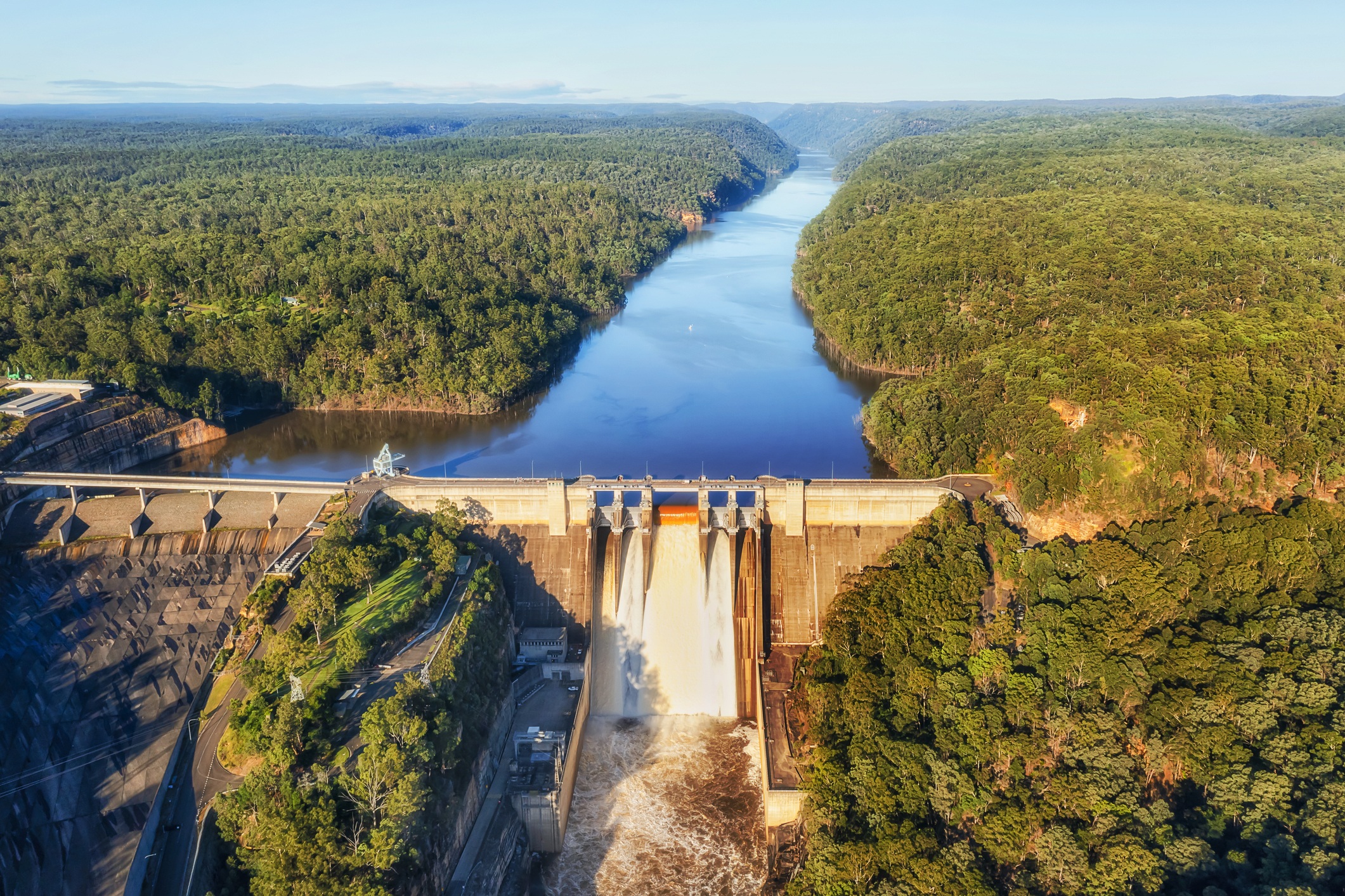Mission Climate Project

Date: 2021-present
Overview
The Mission Climate Project (MCP) uses data and analysis to show how a dramatic climate shift in the 2020s will exacerbate numerous social, economic, political and demographic problems to cause instability. MCP provides diverse stakeholders with specific information about where climate-related impacts might be most severe, what the impacts are likely to be, and what can be done about them.
Unlike most climate analysis, which peers into the distant future, MCP concentrates entirely on the next five to ten years. Therein, we focus on issues we think are important for geopolitical stability and decarbonization, like food security, transition minerals, and biodiversity. MCP takes established climate science and provides intelligence to decision makers about risks that matter to them – in the near-term time scale, and in terms of changes in likelihood and severity for the most destabilizing and damaging impacts.
Key outcomes
MCP has persuaded leading organizations to recognize near-term climate change as a clear and present danger that will shape their immediate decision-making processes. It has gained praise and driven responses from policymakers, business leaders and academics in worlds as diverse as security, biodiversity, energy planning, supply chain management and agriculture. The work has laid the foundations for all of TMP’s efforts for the foreseeable future.
Key lessons
Although still in its early stages, MCP has demonstrated that climate impacts in the next five to ten years are likely to be significantly more severe and widespread than existing systems, institutions and assets are prepared for. For example, MCP’s models suggest that agricultural production will be endangered by repeated extreme weather events (EWEs) and hazards across the few places in the world that supply global grain markets. Such risks are likely to bring food security issues to places where it is not traditionally a concern, and we especially worry that it may be a poor match for existing institutional competencies.
Partners
Pivot Point
Woodwell Climate Research Centre
IBS Centre for Climate Physics at Pusan National University
Funders
V. Kann Rasmussen Foundation (2021-2022)
Hewlett Foundation (2023)
Quadrature Climate Foundation (2026)
Other case studies
Get in touch
Ready to tackle complex challenges? Get in touch to explore how TMP can support your goals.


